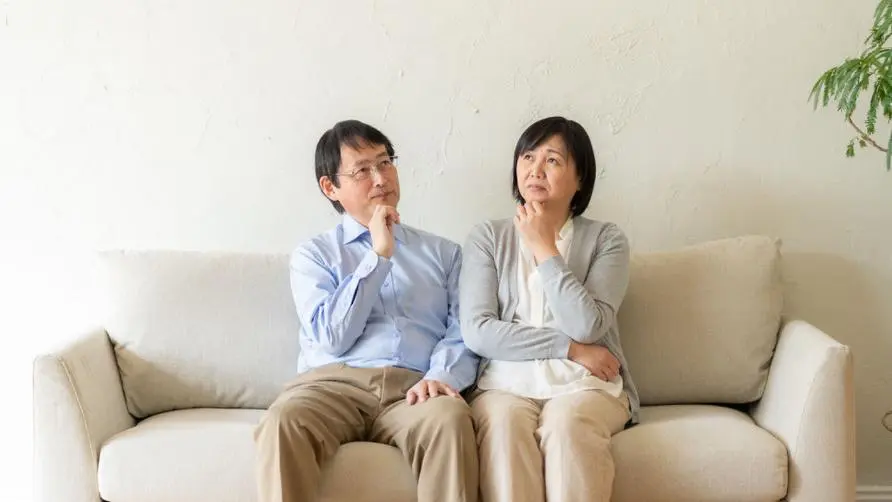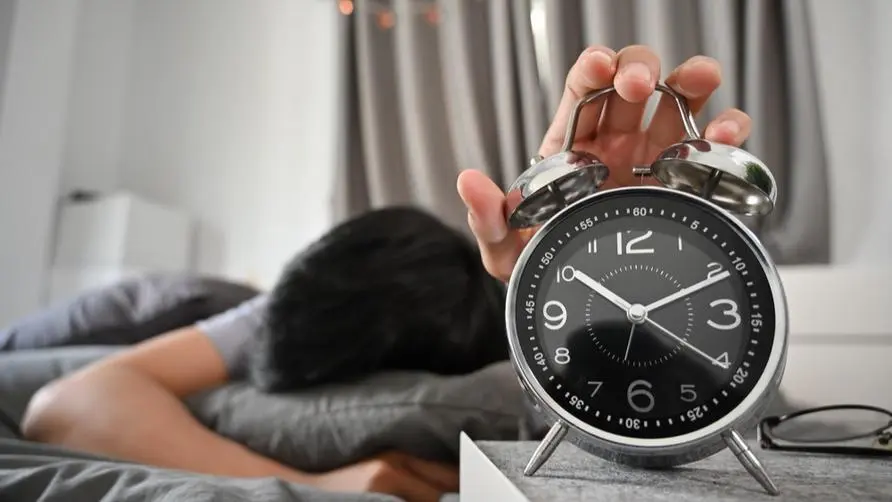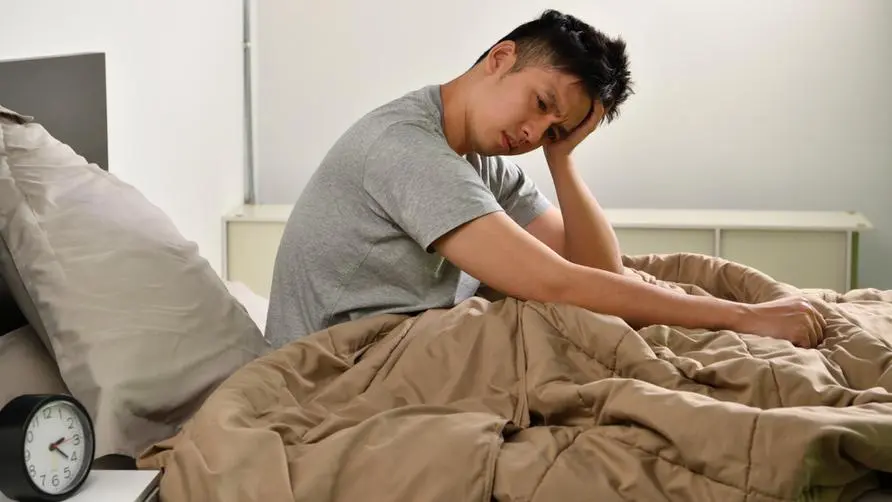Are "night owls" shorter-lived than people who are used to getting up early? Study: Risk of death up to 21% higher

Will “night owls” live shorter lives than people who are used to getting up early? A recent study published in “Chronobiology International” pointed out that people who go to bed later may indeed have an increased risk of death compared with those who go to bed early; the potential reasons may be bad habits such as smoking and alcohol abuse. People who go to bed late may have a 21% higher risk of death than those who go to bed earlier.
Are “night owls” shorter-lived than early risers? Study: Risk of death may be 21% higher
A research team from the University of Helsinki in Finland collected medical data from 23,854 Finnish people and tracked them for a total of 41 years starting in 1981. The subjects (average age at the time were 41 years old) were asked to reveal their smoking and drinking habits and to indicate their sleep status via questionnaires. The research team further divided them into “obviously early to bed and early to rise group” (29.5%), “early to bed and early to rise group” (27.7%), “obviously nightlife group” (9.9%), and “nightlife group” (33.0%). 4 groups.
The initial analysis only adjusted for participants’ age and gender, but the scientists then conducted a second analysis that took into account other factors that may affect people’s risk of death, such as body mass index (BMI), sleep duration, education level, Chronic disease incidence, drinking and smoking status and quantity.
After the researchers controlled for the above factors, the preliminary model showed that compared with those who obviously went to bed early and got up early, the risk of death in the “nightlife group” increased by 9%; the risk of death in the “obvious nightlife group” increased by 21%. If the two major factors of smoking and drinking are taken into account, the number of deaths due to alcohol-related diseases and accidental alcohol poisoning in the nightlife group will increase by 43%; but if there is no drinking habit, the impact will tend to be significantly weakened.
In addition, “smoking” is a major risk factor for subjects who die from respiratory malignancies (such as lung cancer). The nightlife group had a 25% increased risk of death from malignant tumors due to smoking; however, after adjusting for smoking status and smoking volume, this effect was significantly attenuated again. After the team adjusted for variables such as smoking and alcohol consumption, there were few differences between different chronotypes and cause-specific mortality, including cardiovascular disease.
Is the risk of early death for night owls not related to sleeping late? Experts point to “2 substance” addiction as the main cause
Jaakko Kaprio, the author of this study and professor of genetic epidemiology at the University of Helsinki, Finland, pointed out that through this study, it can be concluded that the risk factor for going to bed late is not the “sleep type (people who wake up early or go to bed late)” itself, but the related lifestyle factors. Academics have previously found that night owls have a higher mortality rate than early risers, but past analyzes did not take into account differences in the amount of drinking or smoking among subjects, so it is difficult to judge whether staying up late increases the risk of death.
Kaprio said that people who are night owls or have the habit of staying up late have a 9% increase in mortality, and it is unlikely that the cause of death can be directly attributed to sleeping late. “We measured people’s sleep patterns and alcohol consumption all at once using one question, which means the team didn’t take into account changes that might have occurred years later.” He said that if participants’ alcohol intake had been measured perfectly throughout the study, and drinking habits, the subjects’ increased risk of death may be less or nonexistent.
Resting 1 hour in advance can reduce the risk! Going to bed early is linked to lower odds of major depression
Going to bed late may increase the potential risk of death, but if you sleep slightly earlier, you may have the opportunity to improve your mental health first, thereby obtaining physical, mental and spiritual benefits? According to the latest research published by the American Medical Association (AMA), if you move your bedtime to before 11 p.m., your risk of suffering from major depression in the future is expected to decrease by 40%.
This research was jointly sponsored by the University of Colorado, the Massachusetts Institute of Technology, and Harvard University. Previously, Celine Vetter, the author of this study and assistant professor in the Department of Integrative Physiology at the University of Colorado, pointed out that early risers are 27% less likely to suffer from depression than the average person. However, Iyas Daghlas, Ph.D., Harvard Medical School, who led the study, Want to further clarify the causal relationship between sleep and depression.
The research team cooperated with DNA testing companies and biomedical databases to ensure that the research values can be more accurate; and collected genetic data from as many as 850,000 subjects through sleep trackers and sleep preference questionnaires. The data shows that among these 850,000 people, about 33% are early risers, 9% are night owls, and the remaining subjects are somewhere in between. Their average sleep time is 11 pm and their wake-up time is 6 am. point.
Using the latest statistical methods, the research team found that as long as these subjects go to bed or wake up 1 hour earlier, the chance of suffering from severe depression will be reduced by 23%; if they go to bed before 11 p.m., it can be reduced by 40%. Why is there such a difference? Daghlas explained that previous studies have shown that people who get up early are more likely to receive more daylight, and daylight can change the body’s hormonal operations, thereby affecting mood; for night owls who work at night or need to stay up late, their biological clocks will be different from others. They feel depressed, which increases their risk of depression.
Source:
Chronotype and mortality - a 37-year follow-up study in Finnish adults
Genetically Proxied Diurnal Preference, Sleep Timing, and Risk of Major Depressive Disorder
Further reading:





